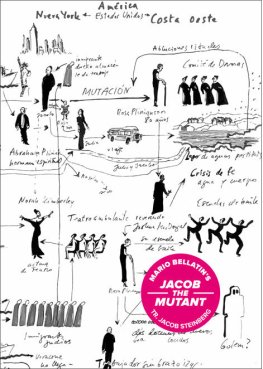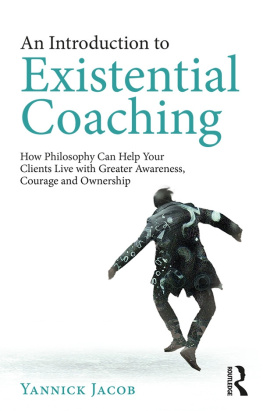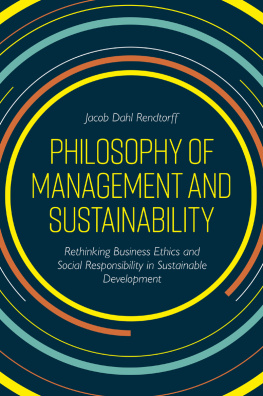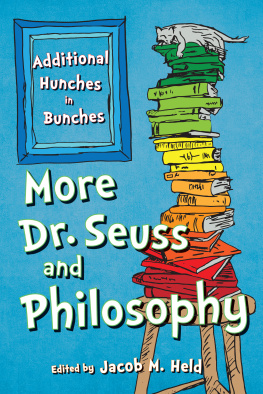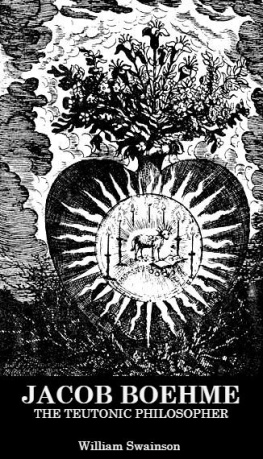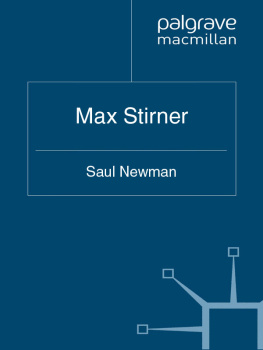First published by Zero Books, 2018
Zero Books is an imprint of John Hunt Publishing Ltd., No. 3 East St., Alresford, Hampshire SO24 9EE, UK
www.johnhuntpublishing.com
www.zero-books.net
For distributor details and how to order please visit the Ordering section on our website.
Text copyright: Jacob Blumenfeld 2017
ISBN: 978 1 78099 663 9
978 1 78535 895 1 (ebook)
Library of Congress Control Number: 2017958217
All rights reserved. Except for brief quotations in critical articles or reviews, no part of this book may be reproduced in any manner without prior written permission from the publishers.
The rights of Jacob Blumenfeld as author have been asserted in accordance with the Copyright, Designs and Patents Act 1988.
A CIP catalogue record for this book is available from the British Library.
Design: Stuart Davies
Printed and bound by CPI Group (UK) Ltd, Croydon, CR0 4YY, UK
We operate a distinctive and ethical publishing philosophy in all areas of our business, from our global network of authors to production and worldwide distribution.
Introduction
Max Stirners Der Einzige und sein Eigentum (1844) is the first ruthless critique of modern society. Misunderstood, dismissed, and defamed, it is now time to unearth this savage book once more. My aim is to reconstruct the unique philosophy of Max Stirner (18061856), a figure that strongly influencedfor better or worseKarl Marx, Friedrich Nietzsche, Emma Goldman as well as numerous anarchists, feminists, surrealists, illegalists, existentialists, fascists, libertarians, dadaists, situationists, insurrectionists and nihilists of the last two centuries.
Translated into English incorrectly as The Ego and Its Own, Stirners work is considered by some to be the worst book ever written. It combines the worst elements of philosophy, politics, history, psychology, and morality, and ties it all together with simple tautologies, fancy rhetoric, and militant declarations. That is the glory of Max Stirners unique footprint in the history of philosophy.
In exhuming this philosophical corpse, however, I have discovered Stirners spirit already living among us. I have thus conducted a forensic investigation into how his thought has stayed un-dead through time. The results of this investigation are contained herein.
Stirners anti-moral, anti-political, and anti-social philosophy is especially in vogue today, in a hyperpolarized, post-crisis world where god, government and the good have all died, replaced by technology, markets and private interest. Stirners egoistic philosophy at first seems compatible with this neoliberal nightmare, and surely enough, his once-sketched face has been revived as a meme, popping up in the stranger corners of the Internet. As one of the first trolls to ridicule everything sacred in modern life, to praise the transgression of all social norms, values and customs, Stirner may even be seen as a But that is just one of many Stirners, a rather superficial one at best. What I hope to show is another Stirnercontemporary, critical, useful.
As a piercing critic of social alienation and political ideology, perhaps a better analogy for Stirner today would be the Invisible Committee, that band of heretical communists and anarchists who rage against the insufferable liberalism, identitarianism, and pseudoactivism of todays left. Like them, Stirner defends insurrection, advocates crime, and incites individuals to find each other in free unions or communes that can expand ones power against the state.
Stirners philosophy is a big fuck you to every progressive and liberal viewpoint. It is not expressed in the name of some superior tradition, race, gender, or nationality. Fuck them all, Stirner says, and fuck you too. I dont care about your values, your issues, your causeI care about me. Only after we learn how to care for ourselves can we begin to care for each other as singular equals, and not as generic representatives of groups, classes, identities, and states. That is Stirners provocation.
In philosophy.
In , I begin reading Stirners text properly, focusing on the first part of Der Einzige, called Der Mensch, or Man. I lay out the basic rhetorical devices used by Stirner, focusing especially on how spooks are made. This part deals mostly with Stirners logic of alienation and reification. Next, I explain how these devices function in the realms of psychology, philosophy and history. Where others see bad dialectics, I see good allegories, parodies, and satire. This section ends with an analysis of Stirners critique of liberalism, socialism, and humanism.
In of Der Einzige, called Ich or I. This section dives right into the stranger parts of Stirner, including his theories of individuality, property, power, owners, ownness, consumption, dissolution, self-annihilation, nothingness, the unique, the state, the union, secession and insurrection. Throughout the analysis, I sharpen the argument with philosophical digressions from other thinkers who come within eyesight of Stirners ghost as well. This includes Stoics, Spinoza, Nietzsche, Heidegger, Foucault, Derrida, Levinas, Landauer, and Debord. Finally, I place Stirner in dialogue with his fiercest critic, Marx, and show the points of contact between them concerning individualism and communism. This allows us to read Stirner anew once more, from the beginning.
Notes
is the 1995 version reedited by David Leopold, published by Cambridge University Press. Cited as EO from now. I frequently change the translation to be more accurate, for instance rendering Ich as I instead of Ego.
A wonderful new translation by Wolfi Landstreicher, entitled The Unique and Its Property (2018), has remedied this error, and many others. Unfortunately, it appeared after the main portion of this text was written, and so it will not be referenced.
On the transgressive nature of the alt-right, see Nagle, Kill All Normies (2017).
See, for instance, The Coming Insurrection (2009).
Part I: Stirners Revenge
Reading Max Stirner
Stirner is a product of his time, they say. So let us trace his roots and legacy.
Who is Max Stirner? First reading: a young Hegelian, the ultimate culmination of Hegels philosophy, his disciple and destroyer. How is he both disciple and destroyer? The philosophy of Hegel proceeds dialectically, through the power of negation. In an incredibly intricate manner, the cunning of reason, whether in objective history as spirit or subjective consciousness as concept, elegantly progresses through stages, experiences, and thoughts until it hits a limit, gap or contradiction. This contradiction, when recognized, can negate or cancel that which initially grounded it. Another negation, one which confronts the confrontation of the original ground, propels the initial negation toward an intrinsic resolution. This determinate negation is positive, carrying within it the insight, history, and meaning of that which it negated into its new form. This dialectical logic of movement, propelled by contradiction, is repeatedly expressed in different guises throughout Hegels analyses. From the negation of sense-certainty by consciousness to the negation of the master by the slave to the negation of religion by absolute knowledge, the negative works its way, like a vector, through all being.


